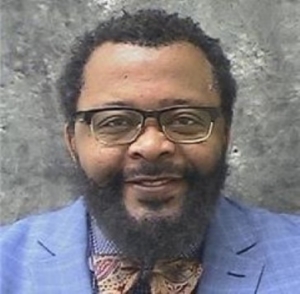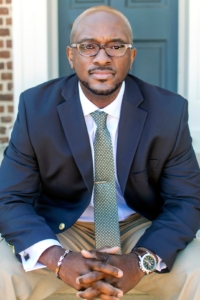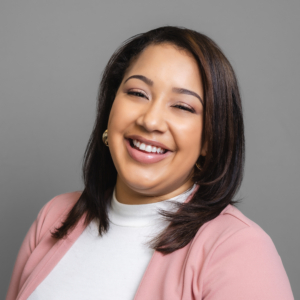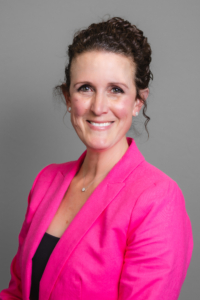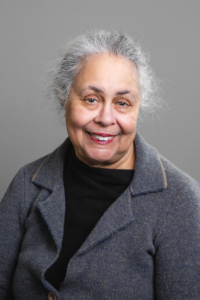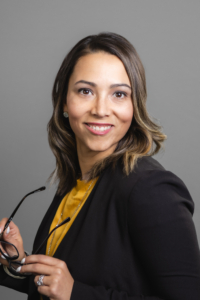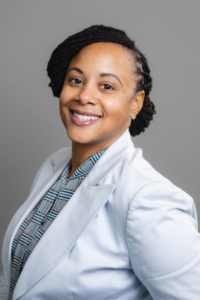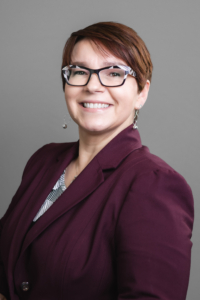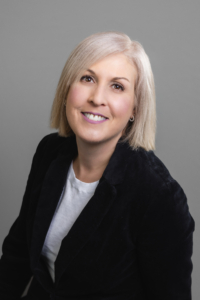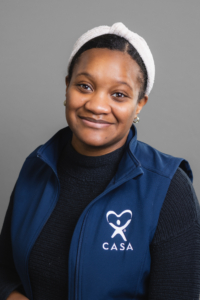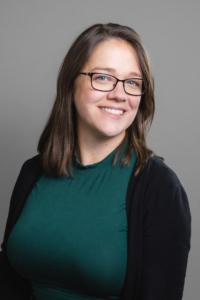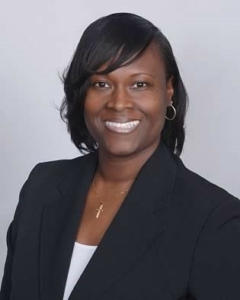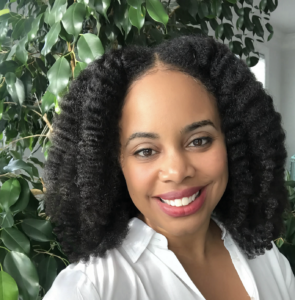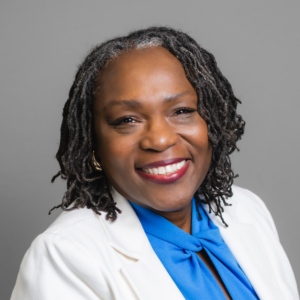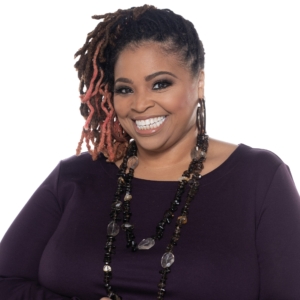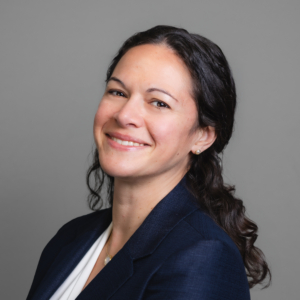Phyllis Hayes: Retired Principal Gets Results
Phyllis Hayes stood before the judge, described the problems facing her foster youth and recommended that the teenager’s estranged mother be required to attend his therapy sessions.
As the mother sat silently, the judge agreed, handing Phyllis a victory in her quest to improve the life of her emotionally and mentally challenged youth.
“I’m pleased,” Phyllis, a court-appointed special advocate (CASA), said afterward. “The boy wants to say certain things to his mother, and he wants to do it with the therapist in the room. The therapist gives him a needed sense of security.”
As a retired school principal and former teacher, Phyllis knows the value of homework, and did hers before going to court.
She spoke with the youth’s teachers and counselors at his school where she found that he had failed to be given required educational and psychological assessments. As a result of her advocacy, they will be given this year.
Phyllis also conferred with counselors at his therapeutic group home as well as the boy’s aunt, who has been his legal guardian since he came into care.
“I work closely with his aunt,” Phyllis said. “She calls me ‘Ma.’”
Before going to court, Phyllis also checked in with her Case Supervisor, Jeanmarie Graves.
“Phyllis is very diligent,” Jeanmarie said. “She knows her youth. She knows his case. She knows what needs to be done and works to get it done. Phyllis is truly a special advocate.”
As a CASA volunteer, Phyllis follows the same philosophy that she preached as an elementary school Principal.
“As a Principal, I told teachers that they should want to be the same type of teacher that they would want their own children to have,” Phyllis said. “If they weren’t, they knew that they were coming up short.”
“I now want to be the same type of CASA volunteer that I would want for my own child,” Phyllis said.
“My goal is to get for my youth all the service that are open to him, and to help him get the skills needed to get a job – one that he truly likes and makes him feel successful,” she said. “I want him to be able to live in a group home, to be able to go shopping, to be able to participate in society.”
“I want him to do so well,” Phyllis said.


